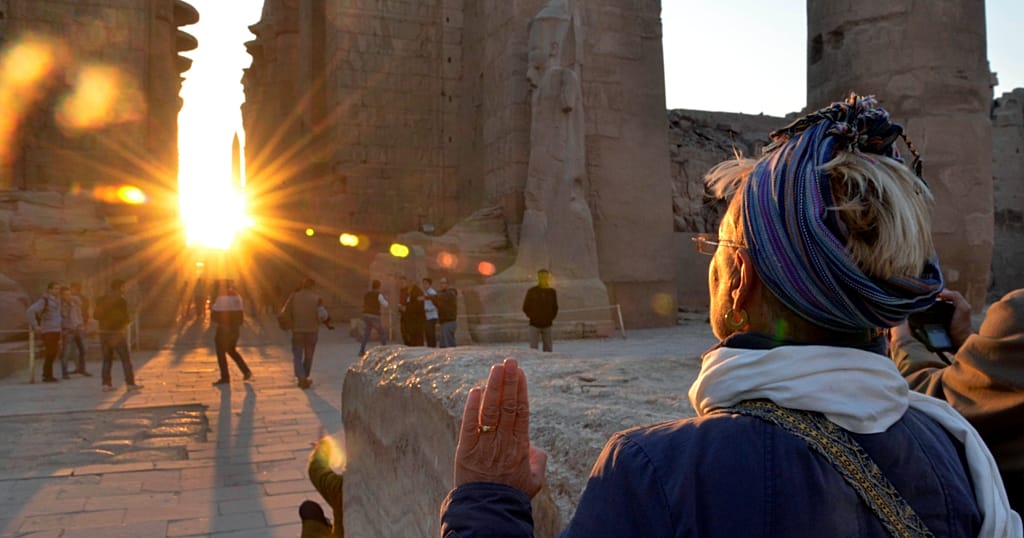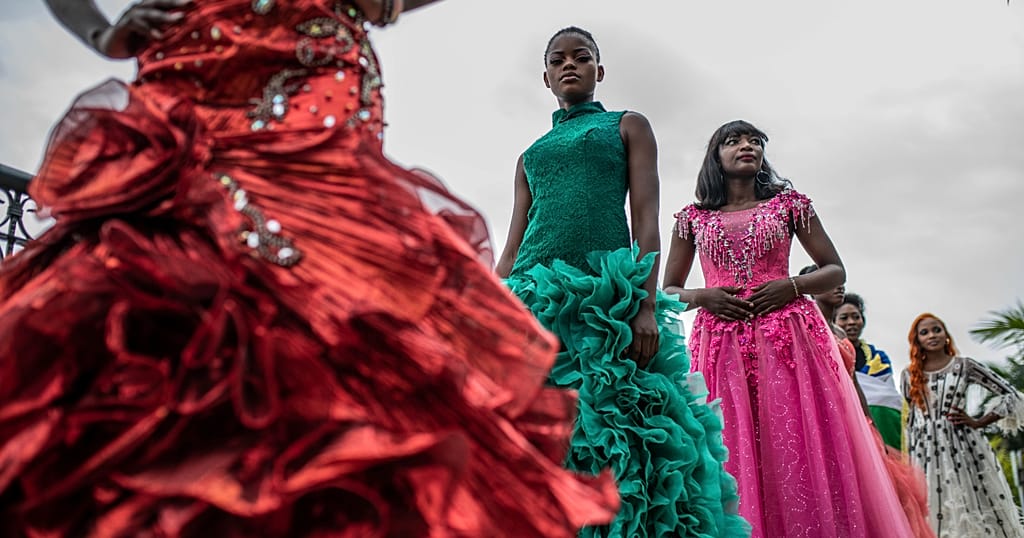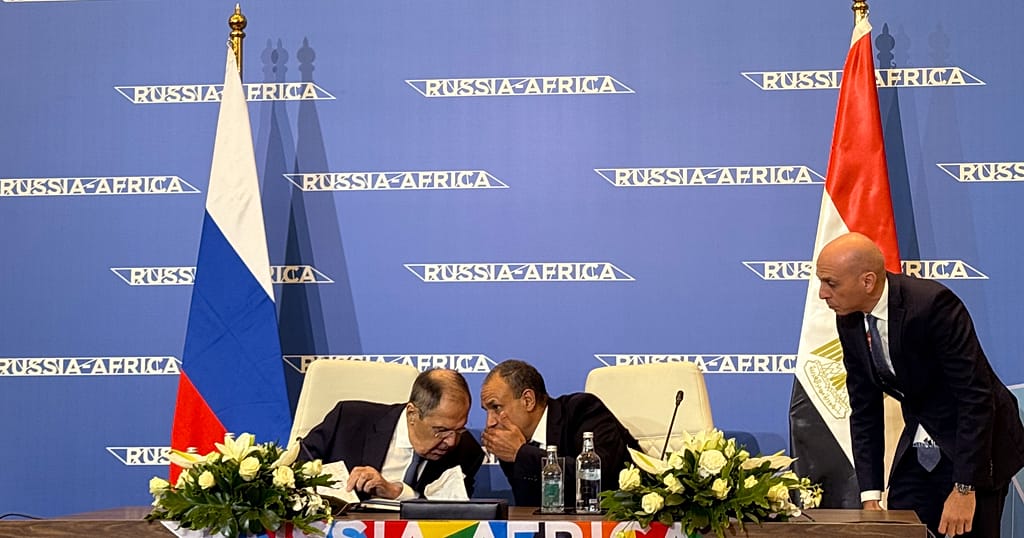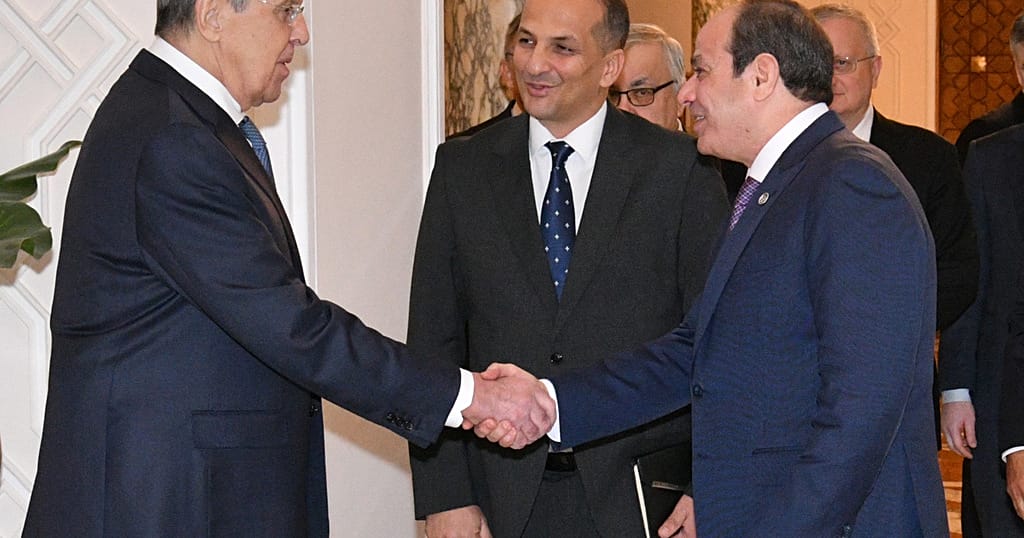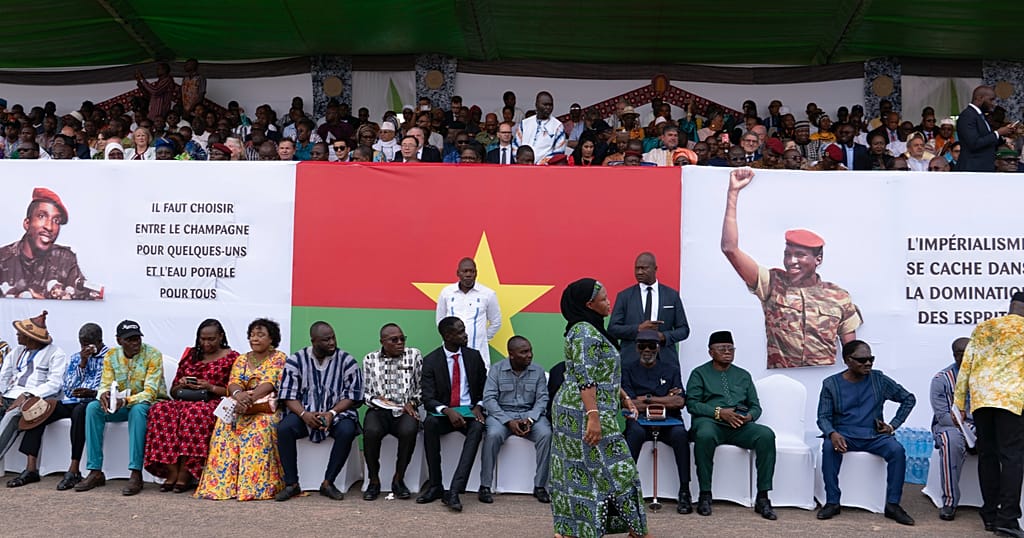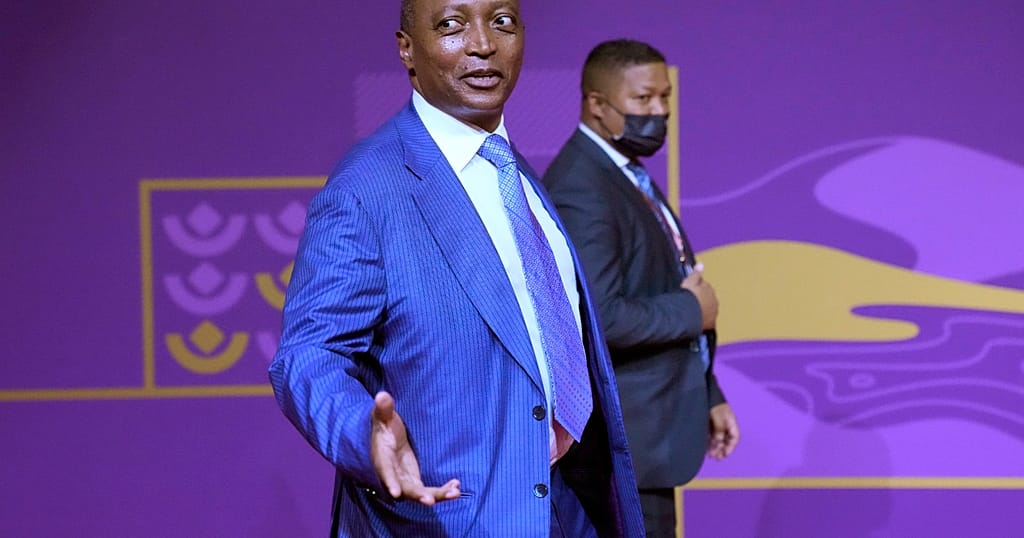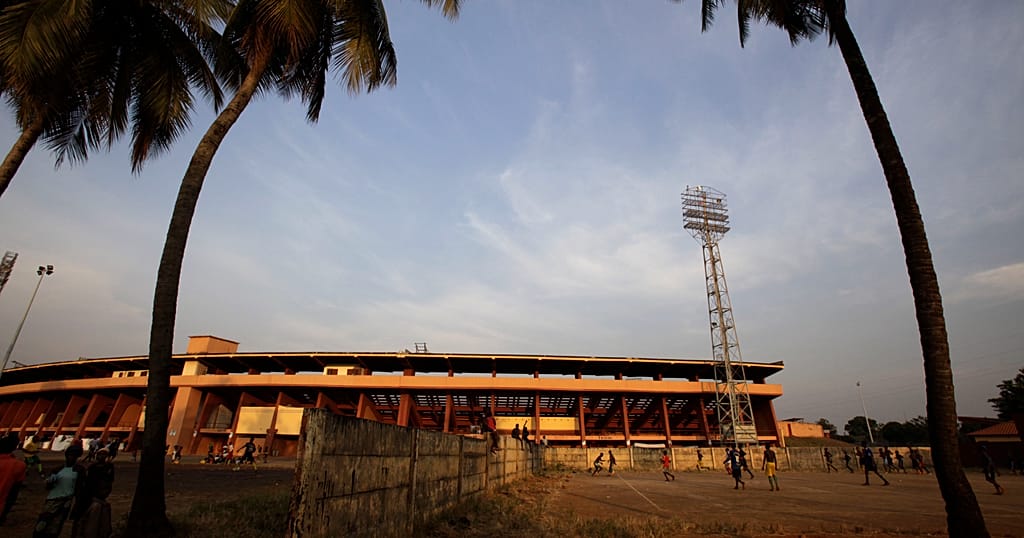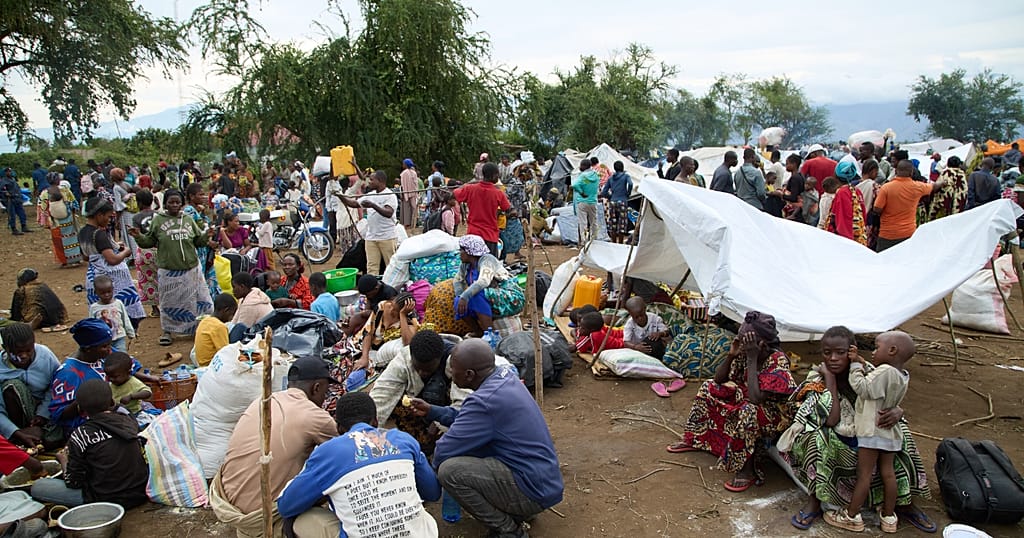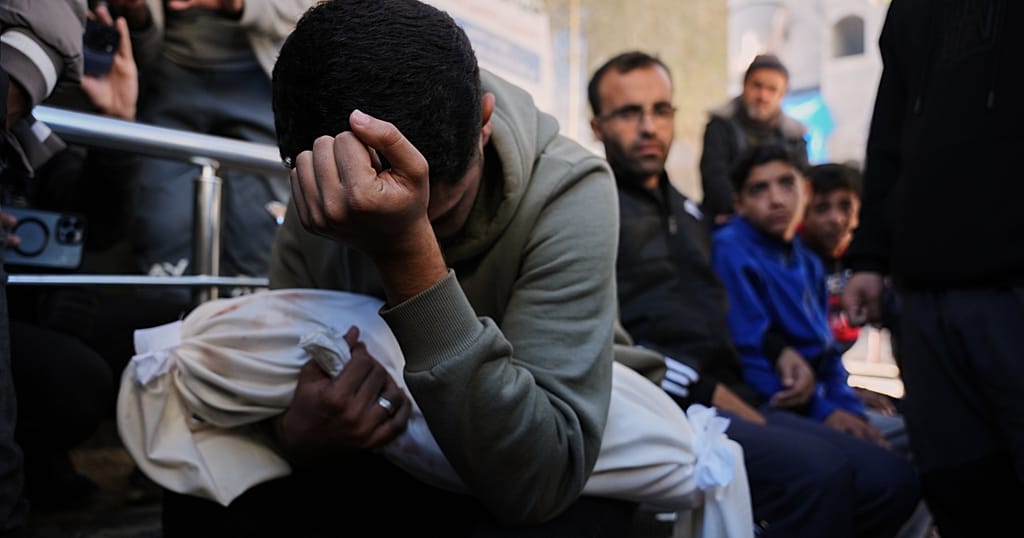Mthuli Ncube: Zimbabwe shock as finance minister named Africa’s best
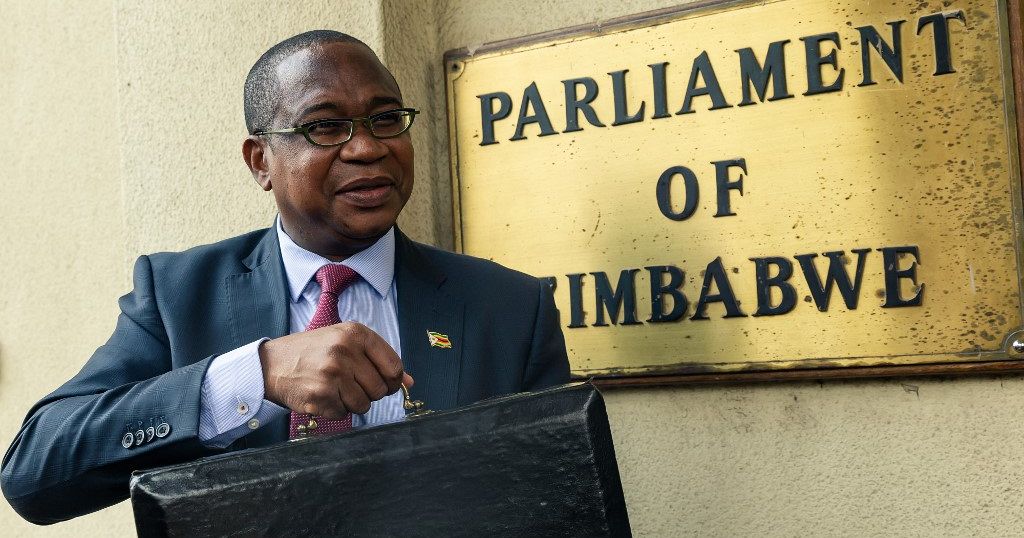
Zimbabweans have expressed disbelief following the accolade bestowed upon Mthuli Ncube, who was declared “Best African Finance Minister of the Year” amid the country’s economic challenges.
On X, formerly known as Twitter, one user equated the award to “applauding a captain for steering a ship straight into an iceberg,” while another labelled it “the greatest joke of the decade.”
Zimbabwe’s staggering unemployment rate, reaching 85% as indicated by economists, coupled with a reliance on US dollars for 80% of transactions due to dwindling confidence in the local currency, underscores the economic difficulties faced by the nation.
Reputation Poll International, an organization specializing in reputation management, presented Mr. Ncube with the award on Sunday. Appointed by President Emmerson Mnangagwa in 2018, the minister expressed his delight in receiving the honour, attributing it to the transformative efforts of the Treasury team.
However, activist Hopewell Chin’ono denounced the award as an “insult” to Zimbabweans, particularly in light of Mr Ncube’s recent budget, deemed by Chin’ono as “the most anti-people national budget that Zimbabwe has ever had.” The budget includes tax increases and a surge in passport fees to $200 (£160), making it the highest in the region.
Chin’ono further criticized Mr Ncube for presiding over what he called the “worst economy in the world,” attributing it to “misguided and corrupt policies.”
Zimbabwe’s economic struggles date back decades, marked by the withdrawal of the Zimbabwe dollar in 2009 due to hyperinflation. Critics attribute the challenges to mismanagement by the ruling Zanu-PF party, initially under Robert Mugabe and later under Mr. Mnangagwa, while the government blames Western sanctions.
In the backdrop of these economic woes, Zimbabwe recently conducted controversial by-elections following the recall of MPs from the main opposition party, Citizens Coalition for Change (CCC). Zanu-PF candidates secured seven out of nine by-elections but fell three seats short of the two-thirds parliamentary majority required for constitutional changes.
Source: Africanews


